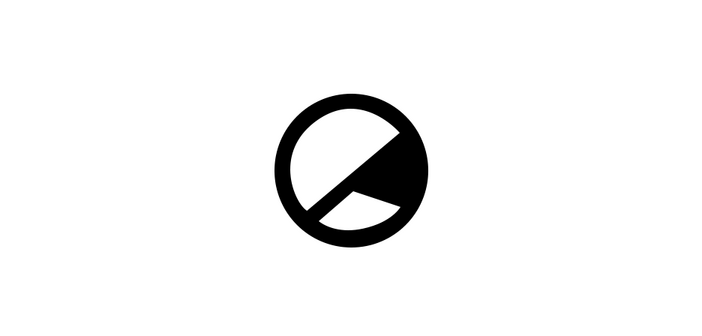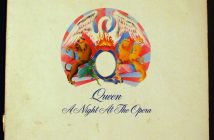The news that there would be no Eurovision this year was, frankly, devastating. The iconic competition has taken place every year without fail since 1956, and so when it was officially cancelled it brought it home to many of us just how big the impact of Coronavirus would be.
Eurovision is an event based entirely around the purpose of bringing people together; we’ve seen it through their various slogans over the years, such as ‘Come Together’, ‘One World’, and ‘All Aboard!’. So how does it have a place in a world that is now having to base its hopes for survival around the idea of staying apart? In the current climate, a competition that thrives off of contestants and fans arriving from 41 different countries simply could not take place, so instead, we were given the next best thing: a ‘friendly’ match so to speak, with each contestant broadcasting a message from their home country. They would not be competing, as there would be no winner – only a celebration of artists and their teams who worked for months to create the perfect Eurovision entry, all for it to be taken away from them under the most unexpected circumstances.
The main question for Eurosceptics (and, for once, I’m not talking about Brexit – just the people who continually deny that there is any joy to be found in the Eurovision Song Contest, and instead assert that it is the worst night of the year) was obvious: what is the point? Why can’t we relish this as an opportunity to finally take a break from seeing the UK lose yet again? It is (slightly) understandable that there would be such concerns, but when it came to it, the BBC made it a night to remember.
First of all, we had a Eurovision legends contest. An expert panel chose the best Eurovision songs since the competition began, and put them to a public vote in which UK audiences could vote for the best entry of all time. There were the old favourites, such as Bucks Fizz and Brotherhood of Man, more recent winners such as Loreen and Alexander Rybak, and songs you might have never even realised originated from Eurovision, such as Gina G’s ‘Ooh Aah… Just A Little Bit’. Although we had a great time reminiscing over times gone by, the winner was obvious from the offset: it could be none other than ABBA’s legendary ‘Waterloo’.
Then came the main event, and any doubts were allayed the moment we heard those immortal words uttered: “Good Evening, Europe!”. It may not have been a conventional Eurovision, but in some ways taking away all of the gimmicks and stripping it down to the bare essentials made it even more special than usual. All 41 performers were given their platform; usually, several are eliminated in the semi-finals, so it was nice to see all of them together (albeit… apart). Each song was played for 30 seconds, and then its performer gave a heartfelt message encouraging us to stay positive. It has to be said that there were some absolutely brilliant songs this year; fan favourites included Iceland’s entry, Daði og Gagnamagnið’s catchy ‘Think About Things’, and the bizarre Russian entry, Little Big’s ‘Uno’. The UK’s entry this year was James Newman, a BRIT Award-winning songwriter, whose song ‘My Last Breath’ went down well with fans and perhaps (we can hope) would have stood a chance of doing well this year.
Then came the guest performers: Johnny Logan, the only artist ever to have won the contest twice, kicked off the evening with a rendition of his 1980 winning song, ‘What’s Another Year’. We then saw, among others, an acoustic performance of Måns Zelmerlöw’s 2015 winner ‘Heroes’, 2018 winner Netta’s haunting rendition of her new song ‘Cuckoo’, and last year’s winner Duncan Lawrence returned to the stage with a performance of ‘Someone Else’ from his new EP.
In a grand finale, this year’s performers were joined by Katrina and the Waves for a poignant rendition of ‘Love Shine A Light’.
Gone were the pyrotechnics, elaborate dancing and general razzle-dazzle that has come to define Eurovision; in its place was an unforgettable evening that, however briefly, allowed us to forget everything else going on in the world. Ironically, I’ve heard a few people say this year’s show achieved its goal of bringing people together more than it ever has before. And, even better, many performers from this year will be returning for Eurovision 2021 with brand new songs, to make up for being unable to participate in a proper contest. It just goes to show that, in bad times as well as good, Eurovision is a truly remarkable thing, and long may it continue.
You can stream Eurovision: Europe Shine A Light on BBC iPlayer until 15th June 2020. Watch ‘Love Shine A Light’ below:




